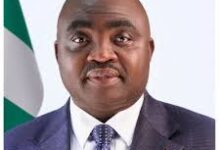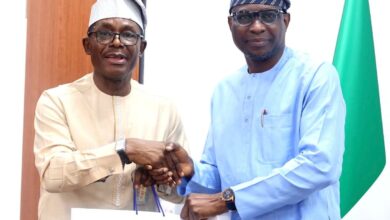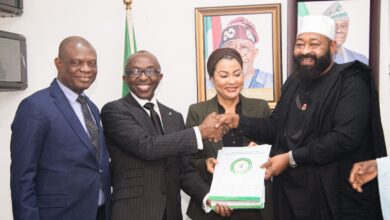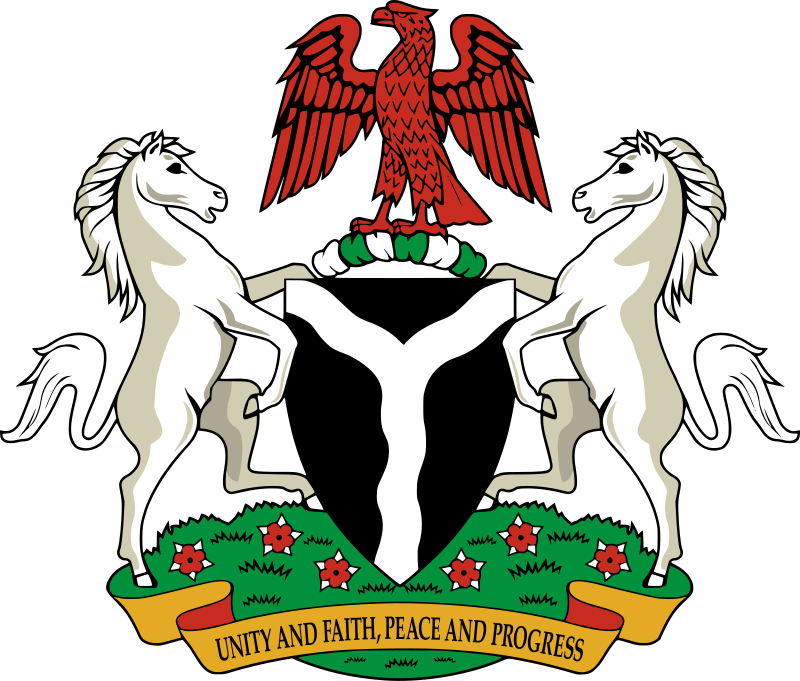
The African Development Bank has designated representatives from 80 government institutions, civil society organizations and universities for training as experts in developing climate financing proposals.
The trainees will pass on their knowledge to potential beneficiaries of the Green Climate Fund, a $10 billion endowment set up in 2010 to help countries implement their climate agenda through loans, equity, guarantees and grants.
The 120-hour training program is managed by the Climate Change and Green Growth Department of the African Development Bank, with funding from the Korea-Africa Economic Cooperation Trust Fund.
The scheme builds on ongoing work by the African Development Bank, the Green Climate Fund and other partners to support the Bank’s regional member countries to directly access Green Climate Fund resources.
“The Green Climate Fund is expected to be a major source of climate finance for the African continent. Accessing finance from the Fund is challenging because of the complexities of designing climate change projects to fulfill the funding criteria. This training will boost capacity amongst African nationally determined authorities, governments and consultants by training trainers to run future training courses,” said Gareth Phillips, Manager of the Environment and Climate Finance Division in the Department of Climate Change and Green Growth at the African Development Bank.
COVID-19 has resulted in the training shifting from in-person to online. This has the advantages of making it less costly to run and more carbon efficient.
The project’s theory of change is based on three main components, which complement ongoing work by the Bank to enhance the capacities of several African countries to access Green Climate Fund resources through small grants from the Africa Climate Change Fund (http://bit.ly/34JgdzF). These components include: developing training materials and an online platform to support direct access to the Green Climate Fund, training a pool of experts and certifying them to support African governments and institutions, and facilitating south-south learning.
Following a thorough independent selection process, 80 participants were chosen, with approximately 40 from English-speaking countries and 40 from French and Portuguese-speaking countries.






